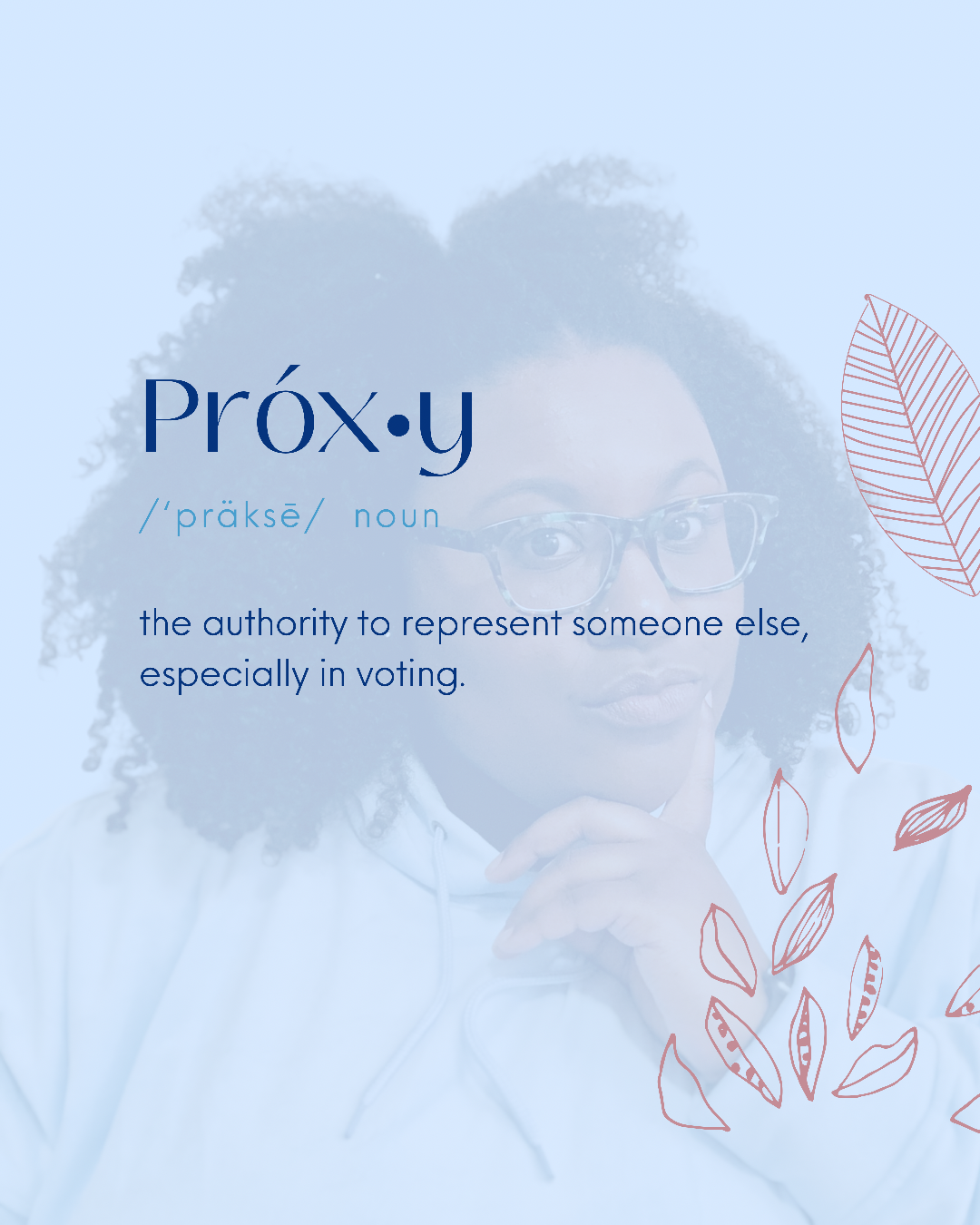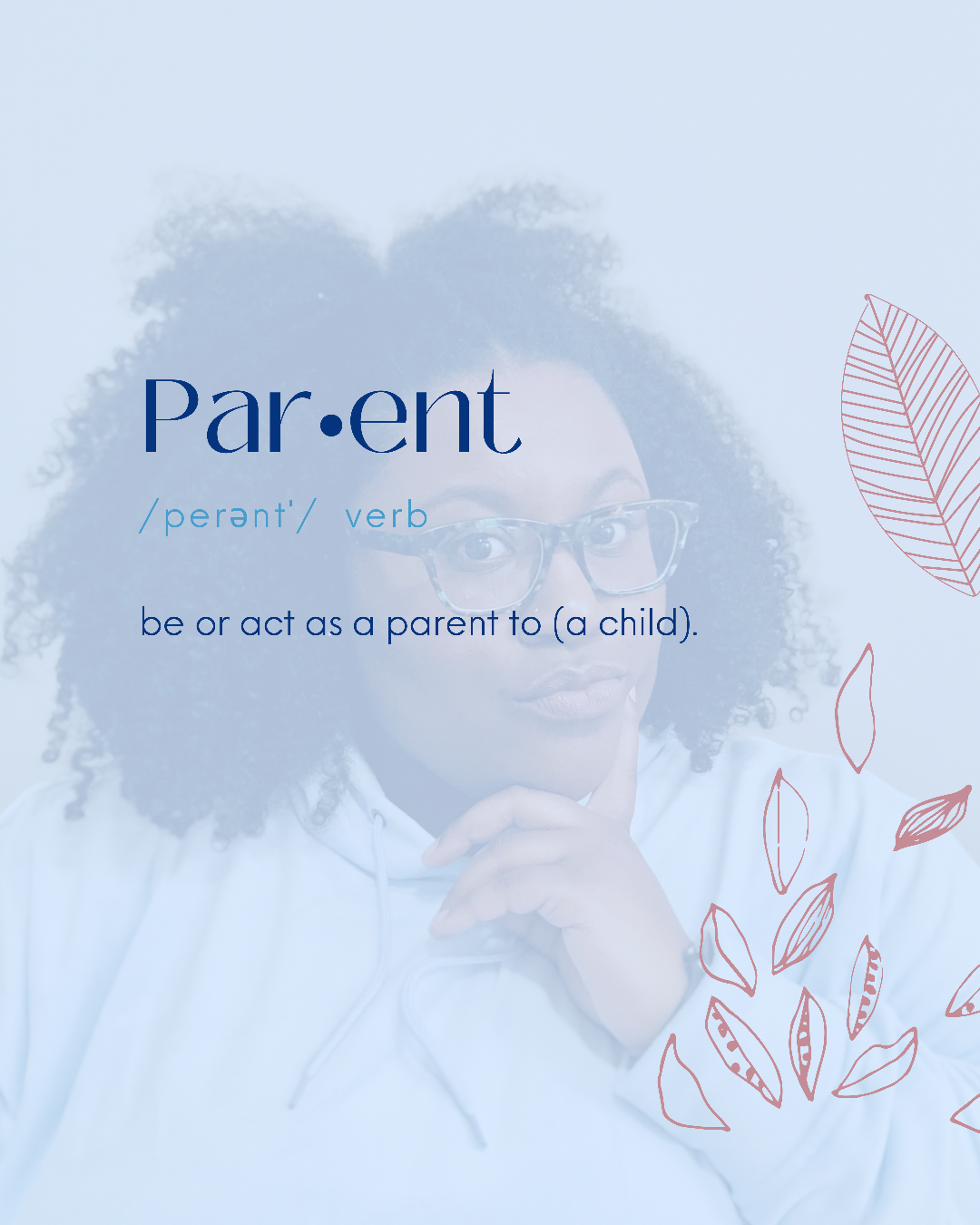The Paradox of Proxy Parenting
As a career nanny, I have spent the past ten years standing in the gap and providing support for working parents who elect private childcare for their tiny humans. Most of my positions have required a minimum of 50 hours work per week, handling everything from bottle prep and diaper changes to carpool lines, household errands and everything in between. I have kissed booboos, read endless bedtime stories and even written appeals to insurance companies on behalf of my employers. I have been both the nurturing caregiver of weeks-old babies, and the first teacher for some of my toddlers. Basically a one stop shop for parents of babies and toddlers who weren’t ready to put their kiddos in a classroom or daycare setting just yet. For years, adequately explaining my profession felt impossible, so I stopped trying. Whenever someone seemed confused by my profession, I would say, “ Just consider me a proxy parent.” In many ways this classification made the most sense, but in others it seemed like a dangerous comparison of apples to oranges.
First let me say I, myself, am not a parent and do not profess to understand the perils of parenthood. At 32, that status has been a choice (to this point, but I’ll keep you updated). My career is unique, though, in that it requires me to assimilate into a family structure without disturbing the established dynamic. Even with the tiniest of charges, this is a constant balancing act. Perhaps the most challenging aspect of this career in private childcare is being a sufficient stand in, without operating as a replacement. This means you are investing your time and talents into not just helping to raise a child but supporting the parents all the same.
The truth is many parents look for a nanny with similar values and a comparable approach to child rearing. They want a teammate to uphold said values and invest deeply in the development and well-being of their child. Candidates with more education, experience and therefore expertise tend to be the most desirable even though these qualifications could make it even more challenging to do the job that parents expect.
You see, I’m the teammate with the most expectations, regulations and limitations. I should be up to date on CPR/first aid regulations, AAP sleep standards and language acquisition, but always defer to the parental unit before implementing my preferred methods. I should also be able to express my preferences in an objective way, while accepting a subjective critique and being prepared to follow the parent’s lead. A strong nanny is presumed to be able to comfort and soothe a child in the absence of a parent, but without taking too many liberties in the process. At this point, I consider myself equal parts self-starter and takes direction well; a bit of a leader and a dash of a follower. Barring basic principles of safety, I have to comfortable doing some things I probably I wouldn’t do if I were the parent.
Think of all the controversial topics: screen time, pacifiers, sleep routines, diet, discipline, activity level, milestone achievements. Each parent will approach these topics differently and may even evolve their opinions as the child grows older. Consistency and communication can help navigate these changes as life progresses, but this responsibility often falls on the nanny to consistently check in and seek clarity. And then there are times when parents have an ideal they are happy to have the nanny enforce, but may not follow suit for their own reasons (exhaustion makes parenting SO hard). The bottom line is: neither party can be expected to get it right every time. I have surely missed the mark here and there over the years but I am always learning better ways to consider the parental perspective and hone my communication style. And yes, I still consider myself a proxy parent, but now I keep the emphasis on proxy.
I think remembering that I am playing a unique role on a parenting team has been the key to finding my way through so many households throughout my career. The bottom line is that parenting and childcare are two completely different things, despite the overlap of duties in the early years. I cannot compare what I do to what the parents I support do; I must simply focus on staying in my lane and fulfilling my own role. Finding my place is a constant effort, but when I get it right, my contribution is invaluable to the families I support.
The first steps to working better together?
Parents, be gentle when your nanny misses the mark or oversteps a boundary you assumed was understood. Sometimes that invisible threshold between not enough and too much escapes us.
Nannies, try not to take it personally when parents reinforce their position as such. It’s both their right and a biological need to feel affirmed as THE parent.
I’m hopeful to continue this conversation between families and their childcare experts, as well as educators, extended family and community members to better function as a team. Perhaps, even, a village.
Career nanny based in Atlanta Ga looking to empower and educate nannies as well as opening the conversation between parents and nannies.






